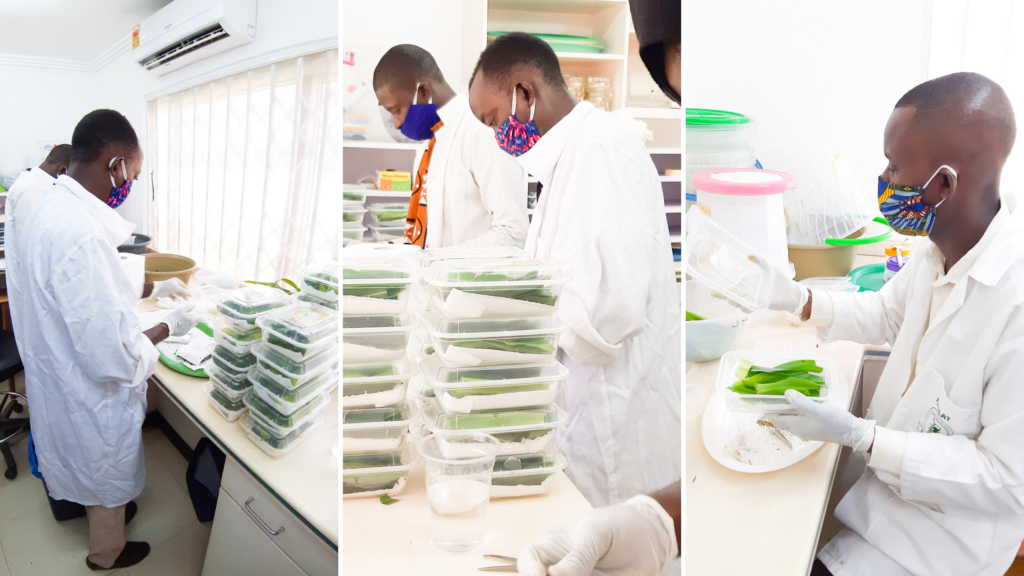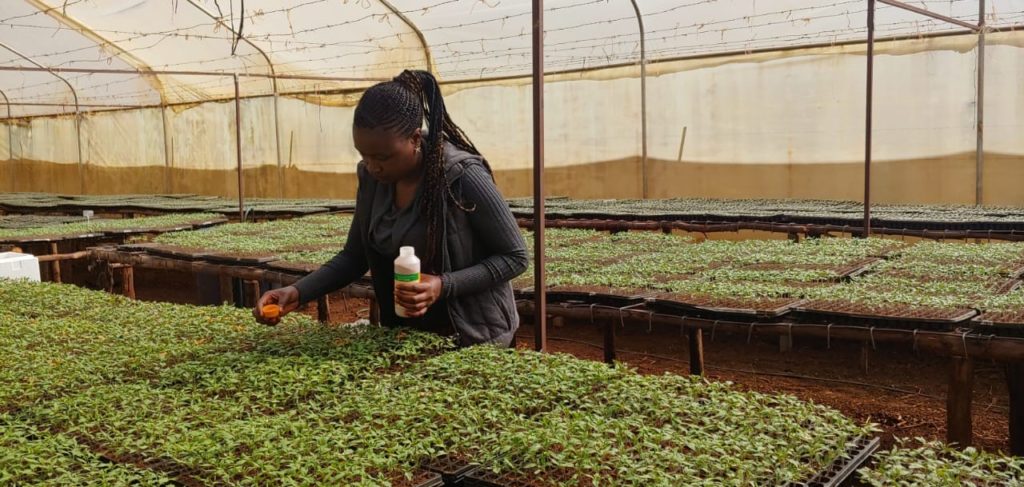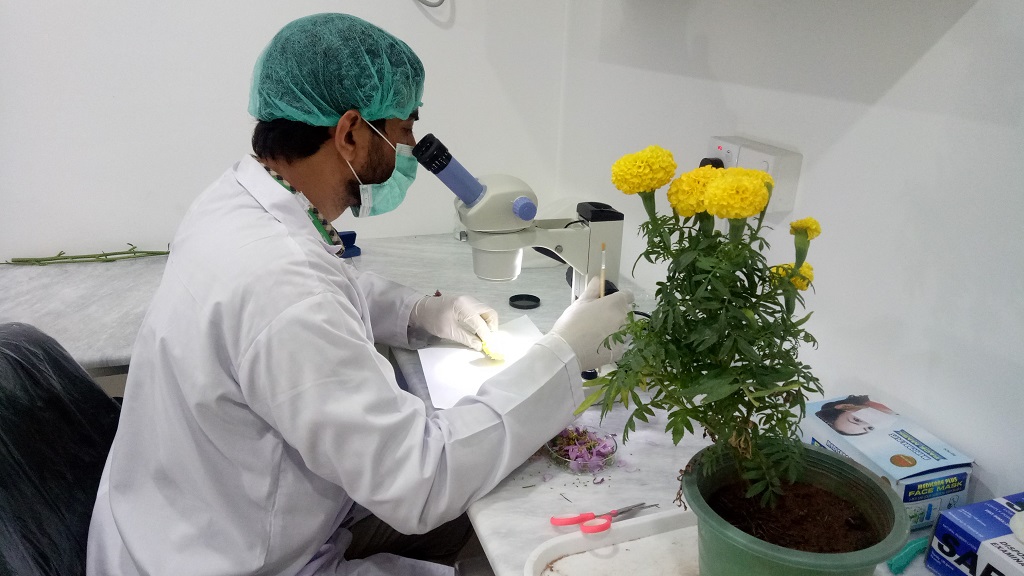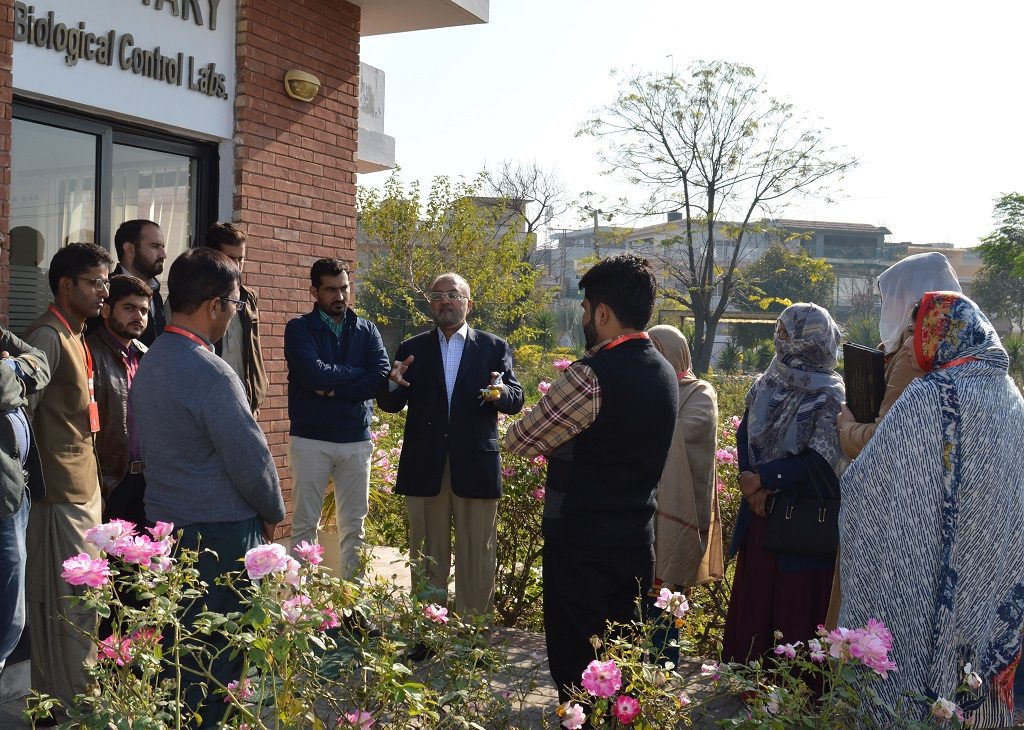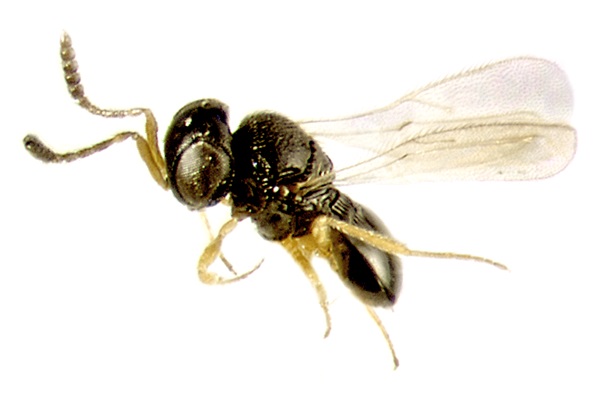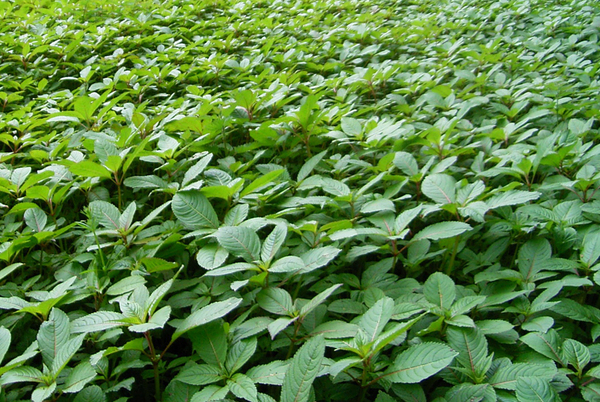CABI refurbishes MoFA laboratory for biological control of invasive species in Ghana
Through its global Action on Invasives (AoI) programme, CABI has refurbished a laboratory housed by the Plant Protection and Regulatory Services Directorate of Ghana’s Ministry of Food and Agriculture (MoFA-PPRSD). The lab supports research efforts aimed at discovering and promoting locally practicable biological control solutions for managing invasive species in Ghana. The refurbishment consisted of…
Learning about the commercial aspects of biological control to combat pests and new invasive threats in Pakistan
Biological control is a key element of an integrated pest management strategy. Not only is it environmentally safe but it is also important for sustainable crop production. Among various biocontrol methods, increasing the presence of natural enemies is an effective substitute when they are not sufficiently abundant or effective.
Continuing the biological fight against a hardy foe – the maize-devastating western corn rootworm
CABI is continuing the fight against the maize-devastating western corn rootworm (Diabrotica virgifera virgifera) by collecting more than 22,000 live specimens of this chrysomelid beetle for further research into its biological control. Dr Stefan Toepfer has been busy in the maize fields of southern Hungary gathering the insects, which, of Mexican origin, have invaded many maize…
Scientists confirm first report of egg parasitoid in Africa to fight devastating fall armyworm
A group of scientists have confirmed the first report of an egg parasitoid Telenomus remus in Africa which could prove an important biological weapon in the fight against the devastating fall armyworm (Spodoptera frugiperda) that threatens the food security of more than 200 million people.
CABI scientists are leading the fight to control one of the UK’s most invasive weeds – Himalayan balsam
CABI experts in the field of classical biological control are leading the fight to manage one of the UK’s most invasive weeds – Himalayan balsam – thanks to the nationwide release of the rust fungus Puccinia komarovii var. glanduliferae. Dr Carol Ellison, who has over 30 years’ experience of the biological control of weeds using…
CABI updates International Soft Fruit Conference on fight against devastating invasive fruit fly
CABI scientist Dr Lukas Seehausen has updated delegates at the International Soft Fruit Conference in s-Hertogenbosch, in the Netherlands, on the very latest research in the fight against the devasting fruit fly Drosophila suzukii. Dr Seehausen, a research scientist in risk analysis and invasion ecology based at CABI’s Swiss centre in Delémont, said a biological control agent – the parasitoid Ganaspis…
Controlling the European earwig on the Falklands
Contributed by Norbert Maczey, CABI The European Earwig, Forficula auricularia (order Dermaptera) was recently introduced to the Falkland Islands and has since become locally common in Port Stanley and a number of settlements in both East and West Falkland. Since its introduction this invasive species has caused considerable problems ranging from yield losses in horticulture…

